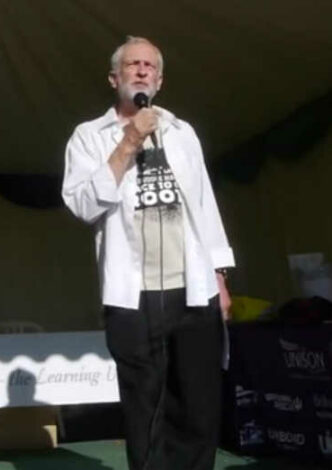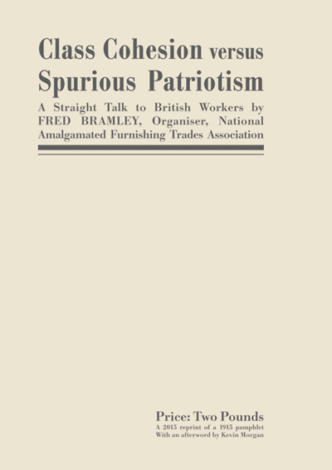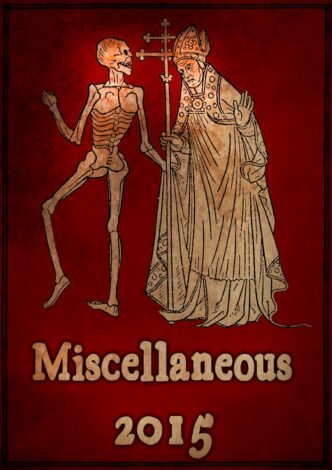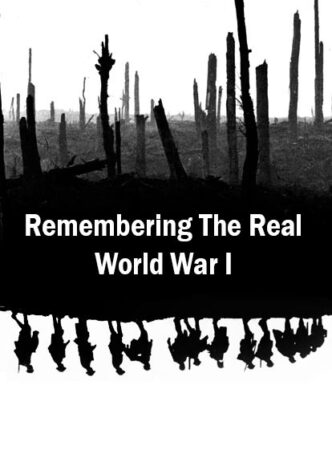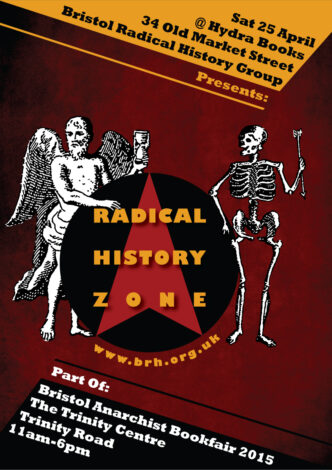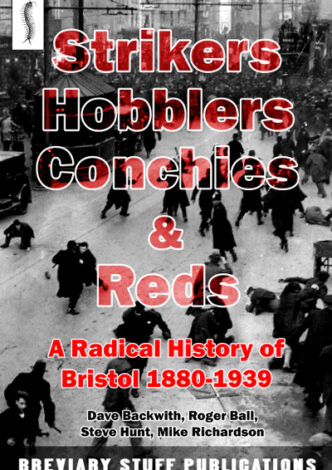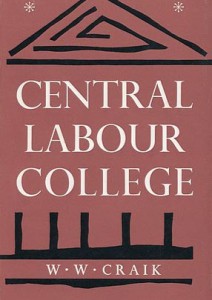The history of Bristol’s Great Western Cotton Works in Barton Hill, which opened in 1838, is little known. The story of its workforce — mainly low-paid women and children — has never been told. From the 1830s to the early twentieth century, Barton Hill workers endured long working hours, high rates of industrial accidents and ill-health from the cotton dust and humidity. Moreover, they were subjected to wage cuts and fines by a series of unrelenting managers. Divided along age and gender lines […]
Hesitant Comrades is the first book to explore the actions and attitudes of the British working class towards the Irish Revolution of 1916–21.With sources ranging from newly discovered writings to reports of police spies, Geoffrey Bell brings to light new evidence. He shows how the leaders of British trade unions were complicit in Belfast loyalist sectarianism and he explores the troubled nature of the Labour Party's relations with its Irish community, and how the Bolsheviks criticised British […]
Jeremy Corbyn MP speaking at Tolpuddle Martyrs Festival 19/07/2015 South West Unison Tent. The Captain Swing rioters get a nice mention near the start.
With a new afterword by Kevin Morgan. A 2015 reprint of a 1915 pamphlet, originally published at the height of reaction during World War One. Proposing class struggle and international solidarity in response to nationalism and war, it’s a unique voice of dissent within the British labour movement of the time. Only a few copies of the original pamphlet exist; there is no copy in the British Library, and even the well-known libraries of labour movement history do not usually have a copy. This […]
Some AngryWorkers will be round and about England in the next few weeks showing a brand new documentary about the logistics workers' struggles/movement in Italy. Called 'Ditching The Fear', this film portrays the struggle of mainly migrant workers against the harsh labour regime of companies like TNT or IKEA. These struggles emerged in 2008 and have since then, not only won better conditions, but also put workers’ self-organisation back on the wider political agenda. Workers’ militants of the […]
One hundred years ago, on July 15, 1915, two hundred thousand Welsh miners launched a strike for higher pay. Their coal was powering the Royal Navy in the midst of a world war. The miners defied the coalowners, the government, the law, the king and their own leaders. Why? And what lessons, if any, can be learnt for today? Robert Griffiths is a labour historian and currently General Secretary of the Communist Party.
All Out! Dancing in Dulais! tells the story of London Lesbians and Gays Support the Miners, a group which twinned with a mining community in South Wales. The inspiration for the recent film Pride, it is one of many examples of grassroots film-making during the 1984-5 British miners' strike. After watching the documentary, we will discuss the broad range of solidarity activism during one of the most significant strikes in British labour history: trade unionists, feminists, black activists and […]
This book can be bought from breviarystuff.org.uk. In the 1970s and 80s a revival of interest emerged in researching Bristol’s vigorous radical past, reflected in the publications of the Bristol branch of the Historical Association and Bristol Broadsides. This revival has continued, echoed in the more recent historical studies that have advanced the work of filling in Bristol’s remarkable past — especially the involvement of the Bristol women’s movement in the nineteenth century in anti-slavery […]
Written by William Craik a railway guard who got kicked out of Ruskin College, Oxford and was then the principal of the CLC in the early 1920s The Central Labour College schooled a whole generation of the brightest workers mainly from the mines and railways of Britain between 1909 and 1929. It was formed by the dissident students who had been thrown out of Ruskin college following a strike (see Colin Waugh ‘Plebs’ ISSN 0459-2026). The CLC was housed initially in Oxford until the University […]


